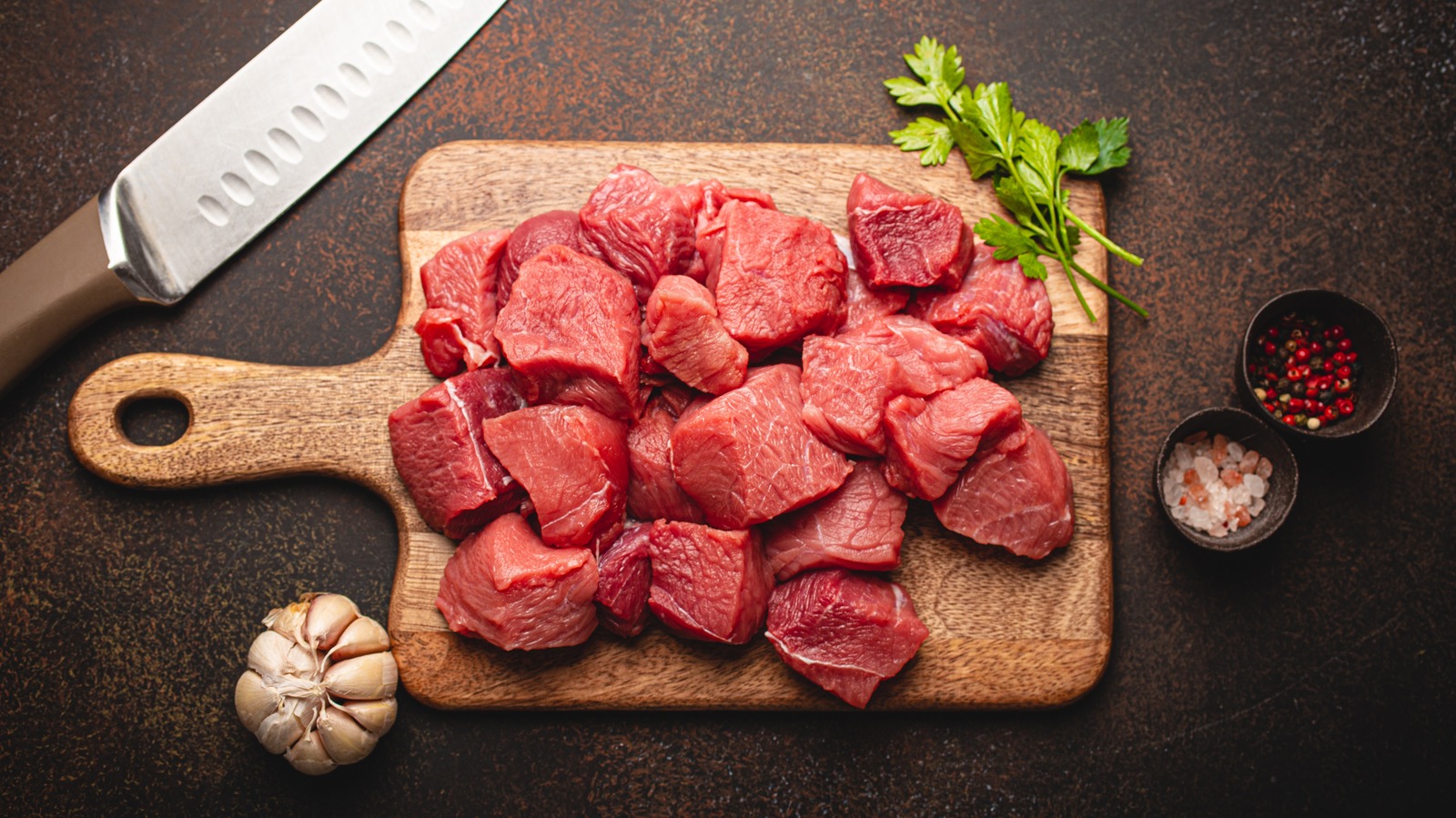
Discover the Liver King Diet Secrets
Table of Contents
Liver King Diet In the realm of nutrition and wellness, the Liver King Diet has emerged as a formidable force, captivating the attention of health enthusiasts and experts alike. But what exactly is the Liver King Diet, and what secrets does it hold? Let’s embark on a journey to unravel the mysteries and unveil the transformative potential of this dietary approach.

Decoding the Liver King Diet: An Introduction
The Liver King Diet isn’t just another passing fad; it’s a strategic nutritional protocol rooted in ancestral wisdom and modern science. At its core lies a profound reverence for one of nature’s most nutrient-dense superfoods: liver. But the Liver King Diet encompasses more than just liver consumption; it’s a holistic approach to nourishing the body, mind, and spirit.
The Legacy of the Liver King
The term “Liver King” may evoke images of ancient warriors or mythical figures, but in reality, it refers to none other than Mikhaila Peterson’s father, Jordan Peterson, who gained notoriety for his advocacy of a carnivore-based diet rich in organ meats, particularly liver. His journey sparked a resurgence of interest in ancestral eating patterns and the potential health benefits of consuming nutrient-dense foods like liver.
Unveiling the Liver King Diet Secrets
1. Liver: Nature’s Nutrient Powerhouse
Liver is often hailed as nature’s most potent superfood, boasting an impressive array of vitamins, minerals, and micronutrients essential for optimal health. From vitamin A and B vitamins to iron, zinc, and copper, liver provides a concentrated source of nutrients vital for immune function, energy production, and hormonal balance.
2. Embracing Ancestral Wisdom
The Liver King Diet draws inspiration from our ancestors, who revered organ meats as sacred nourishment for vitality and strength. By embracing ancestral eating patterns and reintegrating nutrient-dense foods like liver into our diets, we can tap into the wisdom of our forebears and optimize our health in the modern world.
3. Prioritizing Nutrient Density
One of the key principles of the Liver King Diet is prioritizing nutrient density over calorie counting. Unlike processed foods devoid of nutritional value, liver and other organ meats are packed with bioavailable nutrients that nourish the body at a cellular level, promoting optimal function and resilience.
4. Harnessing the Power of Bioavailability
Bioavailability refers to the body’s ability to absorb and utilize nutrients from food efficiently. Liver, being one of the most bioavailable sources of nutrients, ensures that the body receives the essential vitamins and minerals it needs to thrive without the need for synthetic supplements or fortified foods.
Integrating the Liver King Diet into Your Lifestyle
Incorporating the Liver King Diet into your lifestyle doesn’t have to be daunting. Here are some practical tips to help you harness its transformative potential:
- Start Slow: If you’re new to consuming organ meats like liver, start by incorporating small amounts into your diet and gradually increase your intake as your taste preferences adapt.
- Experiment with Recipes: Get creative in the kitchen by experimenting with different ways to prepare liver, from sautéing and grilling to incorporating it into soups, stews, and pâtés.
- Pair with Complementary Foods: Balance out the richness of liver by pairing it with complementary flavors and textures, such as acidic fruits, bitter greens, and aromatic herbs.
- Source Quality Ingredients: Opt for pasture-raised, organic liver whenever possible to ensure optimal nutrient density and minimize exposure to toxins and contaminants.
Liver King Diet
In conclusion, the Liver King Diet offers a unique and compelling approach to nutrition, rooted in ancestral wisdom and supported by modern science. By prioritizing the consumption of nutrient-dense foods like liver, this dietary protocol empowers individuals to optimize their health, vitality, and resilience. So why not embark on a journey to discover the secrets of the Liver King Diet.
